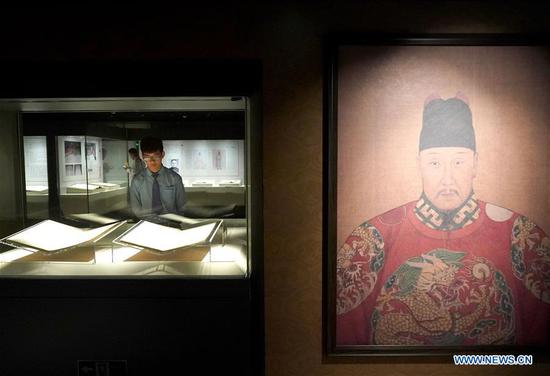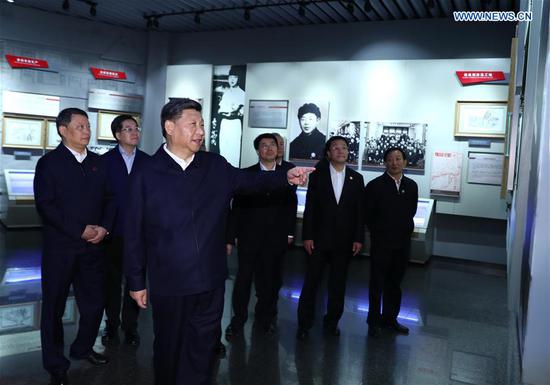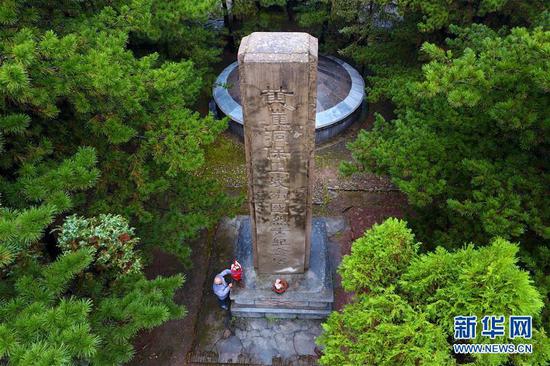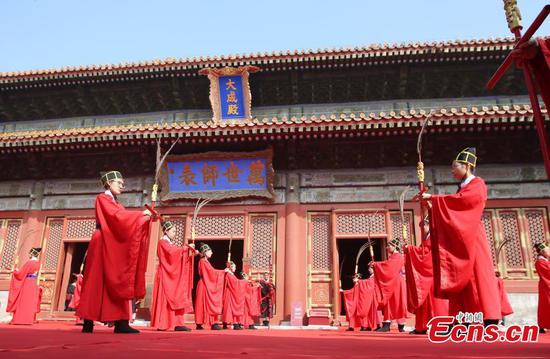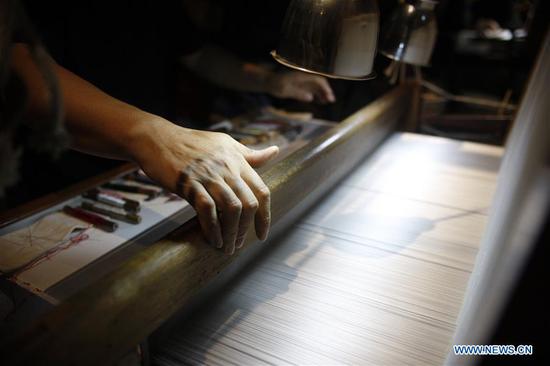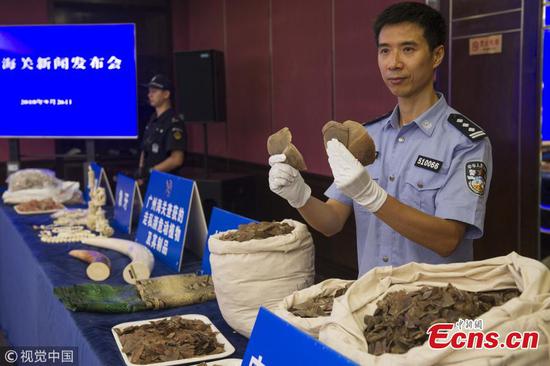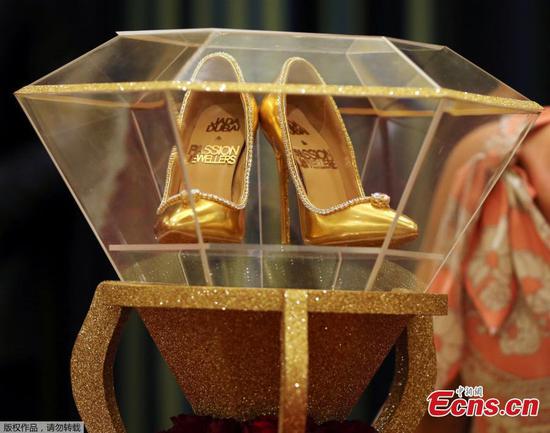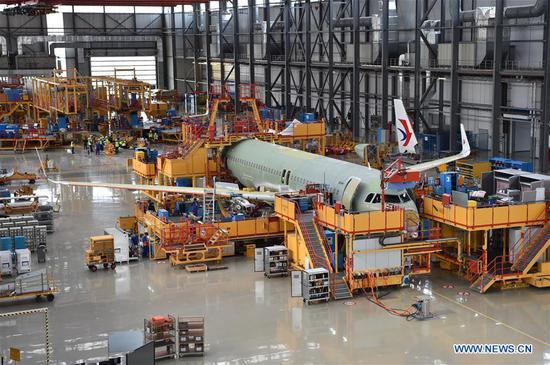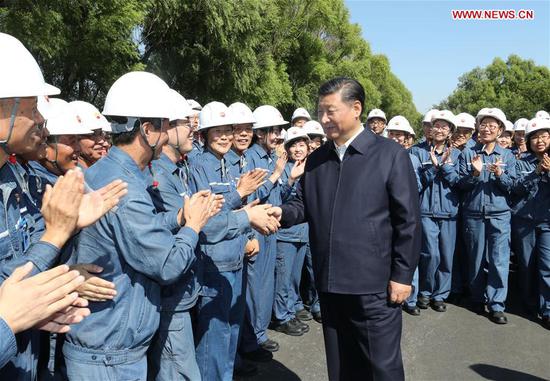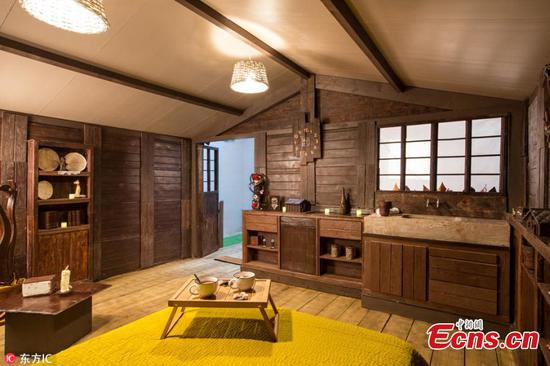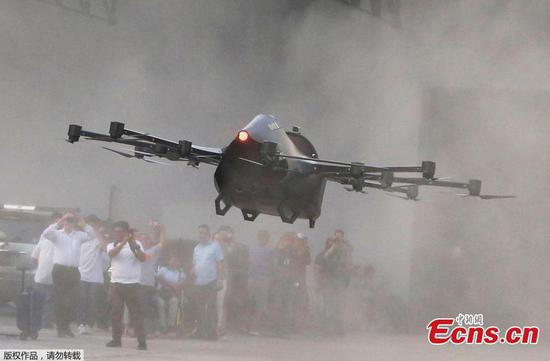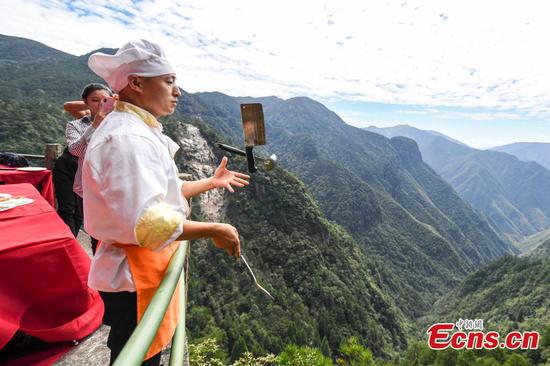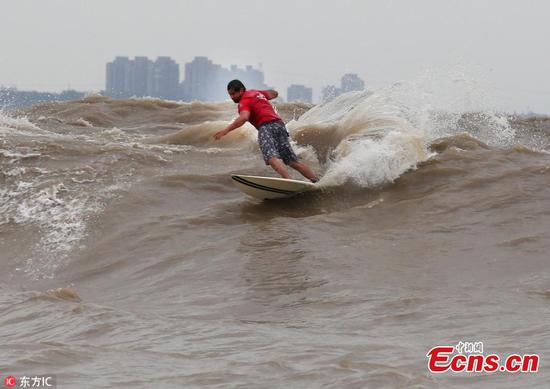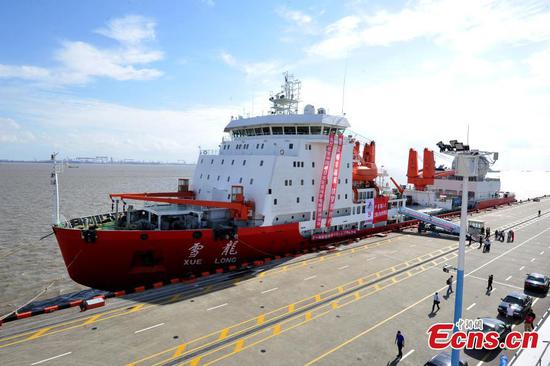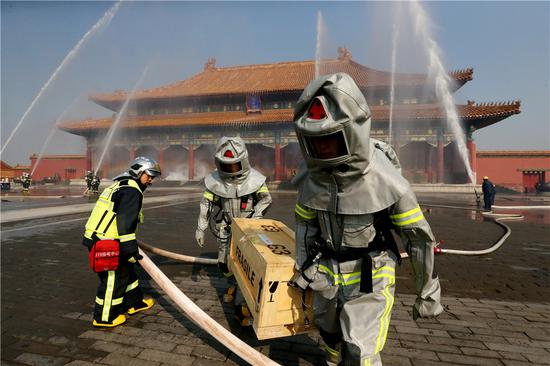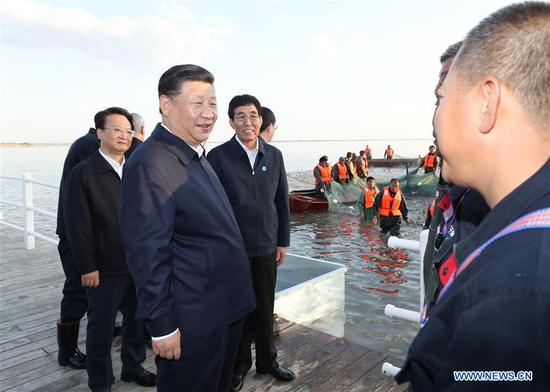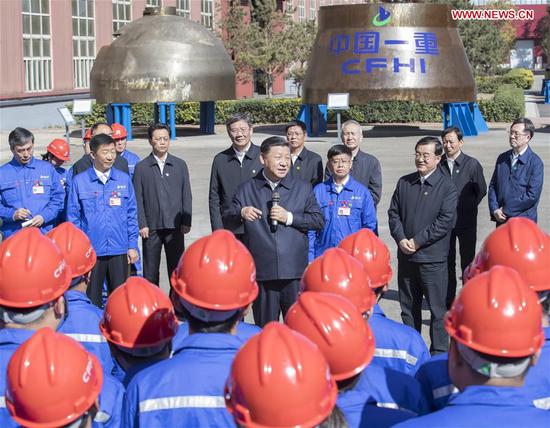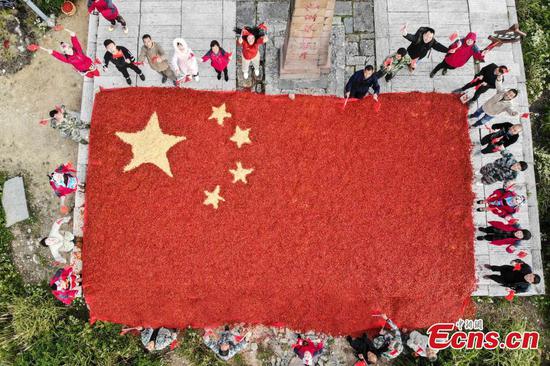The Qianhai-Shekou Free Trade Area (FTA) in Shenzhen, southern China's Guangdong Province continues to earn its keep as a business intersection between the country and the rest of the world. It is home to two-thirds of the globe's Fortune 500 companies as well as smaller start-ups.
Shenzhen, the first pilot zone of China's reform and opening-up policy, is now a hotbed for young start-up companies like Gooplayer, a cross-border e-commerce company based in the Qianhai FTA.
"It's great being here." said Huang Bingchi, CEO of Qianhai Gooplayer Technology.
Huang's company settled down in the FTA several years ago, in which he found the entrepreneurial environment appealing.
"We received almost instant feedback and help in legal and financial affairs, as well as intellectual property rights related issues, from the FTA's Youth Innovation and Entrepreneur Hub," Huang added.

The entrepreneur hub has 340 venture teams, half of which are from overseas. For James Ryan, from northern China's Hebei Province, moving down south was a life-changing opportunity.
"Shenzhen is a city of inclusiveness and openness. Coming here was the best decision I ever made." Ryan, founder of EKASBO, a smart home company, told CGTN.
"The local government has been providing tremendous support, both preferential policies and financial aid for start-ups like us," he added.

Three years ago, the start-up had only five employees. Now the team has grown 10-fold. Ryan's matebots are now sold in Japan and South Korea, with further plans to reach North America next year.
Meanwhile, Huang is targeting the European market.
"One of our major services is that we promote good Chinese products and brands to North America and Europe," the young CEO added. "The FTA has the very first-hand tech-related information from home and abroad, so we can conduct our business the first time around."
The FTA thus opens a path between China and the rest of the world, and it goes both ways.
"We not only want to introduce Chinese companies to foreign countries, but also will introduce overseas companies to China," said Aaron Yi, partner at Zhongziqi Incubator.
The incubator has assisted dozens of overseas start-ups from countries and regions including the United States, France, and Hong Kong to find investments to take root in the mainland market.
The venture's most recent project with an Israeli start-up involves VR technologies that would allow doctors to perform surgeries remotely with robotic arms miles away.
"We will help them (overseas startups) to locate in our innovative space (hub) and also help apply for subsidies from the (Chinese) government," said Yi.
As of July 31, more than half of the FTA's venture projects have obtained financing - a combined total of 1.5 billion yuan, or 200 million US dollars.
From a small fishing village decades ago, to a mega city today, Shenzhen has transformed over the past 40 years. As the city evolves into a bigger international hub for business and innovation, it will be home to more entrepreneurs with ambitions and dreams.










